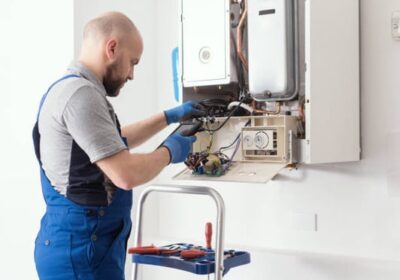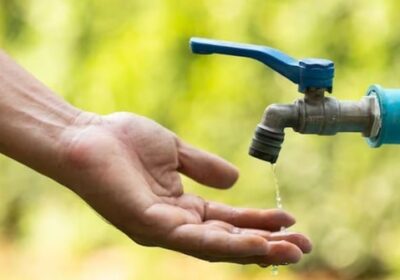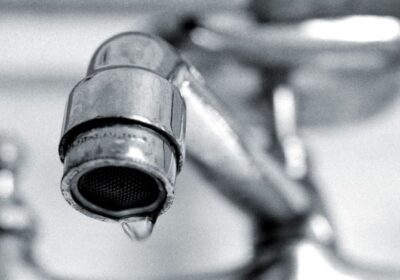Leaky Pipes in Your Home: Its a problem
Having leaky pipes in your home can cause major damage, especially if you don’t catch the leak in time. These leaks can cause water damage to your floors, basement, furniture and more.
Water damage to floors, basements, furniture and more
Having leaky pipes can cause water damage to your floors, basements, furniture and more. It can ruin your home faster than you think. Water damage can also affect your electrical systems and your health.
When water damages a room, the walls and floors can warp. Cracks can form and the paint on the walls can blister. It’s important to find out the source of the leak.
If you see any signs of water damage, contact a plumber. They can help you remove the water and dry the area. They can also repair the damage for you.
Water damage causes carpets to become wet and swell. It also causes hardwood floors to sag and bulge. This can lead to further problems, such as cracks and deterioration. If left untreated, it can even lead to rot.
Water damage can also lead to mold. Mold spores will colonize the moist area within 48 hours or a week of exposure (source). It may also be present in your air after you have cleaned up the water.
Depending on the level of water damage, the cost of cleanup will vary. It could cost $250 to $30,000. Some home repairs can be done by the homeowner. Others, like replacement of drywall, cabinets, or flooring, may be covered by insurance.
If you think your home has water damage, it’s important to contact your insurance company right away. They will send an adjuster to assess the damage and estimate the cost of repair.
The insurance adjuster will ask you questions about the water damage. They will take photos of the damage and take measurements. The adjuster will also help you through the claims process.
Sewer and drain pipe leaks can cause serious damage
Getting to know the signs of a sewer and drain pipe leak can help you avoid serious damage to your home. You may experience a strange odor in your home, or even slow drainage. If you suspect a problem with your plumbing, call a plumber as soon as possible.
Water leaks can lead to damage to your home’s foundation and structural walls. Cracks and shifts can erode your home’s foundation from the ground up.
Sewer and drain pipe leaks can also lead to mold and mildew infestations. Mold and mildew thrive in moisture-rich environments, and breathing in fungal spores can cause health problems. Fortunately, you can prevent mold and mildew from growing in your home.
Sewer and drain pipe leaks are caused by a variety of factors. A common cause is clogs in the main sewer drain pipe. This can cause raw sewage to back up into your home. Other causes include tree roots, which can easily block a sewer pipe.
Sewer and drain pipe leaks need to be addressed as soon as possible. They can cause significant damage to your home and cause health problems. They also attract unwanted vermin. These animals are naturally attracted to water and search for hidden sources. If you have a leaking sewer line, you can expect to find a lot of these animals around your home.
Having a plumber inspect your sewer and drain pipes is the best way to prevent leaks. Even if your sewer and drain pipes are not leaking, you should still have your plumbing system checked periodically. Licensed plumbers have the proper equipment and knowledge to repair your sewer and drain pipes.
Hidden leaks are more likely to go unnoticed
Getting rid of hidden leaks in your home is important because they can be costly and cause health problems. They can also compromise the structural integrity of your home. There are many ways to identify leaks. A certified plumber can help you figure out if you have a leak.
One of the most obvious signs that you have a hidden leak is a musty odour in your house. This may get worse around drains.
Another sign is a puddle of water under your carpet. This will give off a bad smell if it is left unattended. It also creates a great habitat for mold and mildew.
If you have a water meter, you can use it to identify a hidden leak. Typically, a water meter is located at the front of your home. The meter will show you how much water you are using and when you use it. If you suspect you have a leak, you can shut off your water outlets and observe how the meter moves.
If your water meter is showing large fluctuations, you may have a hidden leak. Your water meter can also be programmed to take readings at certain intervals.
Another sign is a spike in water usage. You may have a hidden leak that is causing your water bill to spike. If your water bill is going up, check your water meter for large fluctuations. If you see a significant increase, call a plumber.
Costs of leaky pipes
Depending on where you are, how many pipes are leaking, and the extent of the damage, the cost to repair leaky pipes in your home can vary. However, if you know where to look, you may be able to save some money.
Among the most dangerous types of leaky pipes are domestic water lines. These lines bring water from the source to your appliances. They are under constant pressure, so they can easily leak. Depending on the extent of the damage, you may need to replace the entire plumbing system.
If you suspect a leak, call a plumber.
Preventing further water damage
Identifying the source of the leak and stopping the water before it starts is the most important step to prevent further water damage from leaky pipes. In addition to stopping the leak, homeowners must also take preventative measures to minimize the damage.
To begin, homeowners should check their plumbing lines and should also know where the main water shut off valve is located. The last thing you want is to accidentally turn off the water to your home.
A dehumidifier is another device that can help to dry out a damaged area. It draws moisture from the air and stores it in a container. It must be regularly emptied and dried before storage.
During the dry-out process, homeowners should be careful not to spread mold spores. If mold is found, professional removal is a good idea.
Mold can grow in damp areas within 24 hours of a leak. In addition, a water leak can weaken drywall and major structural elements. Mold can also cause health problems.








![Refined Plumbing Sunshine Coast Announces Comprehensive Selection of Services [PRESS RELEASE]](https://yourhomeandgardenhub.com.au/wp-content/uploads/2023/08/refined-plumbing-logo-440x150-1-400x150.png)

